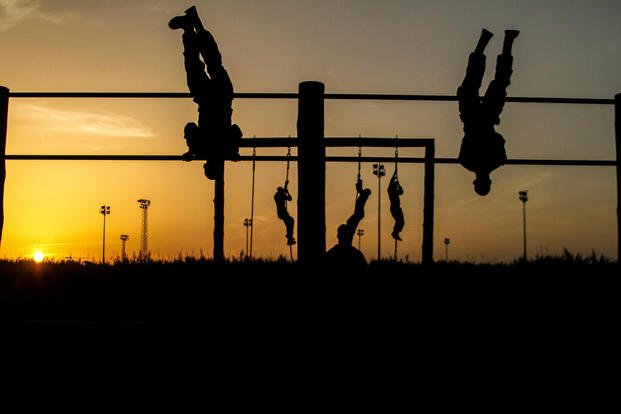Working the night shift is tough on natural sleep cycles, eating habits, workouts and normal living activities like running errands. Any eight-hour or longer shift that typically occurs during your normal sleeping hours will be a challenge that you never “really” get used to.
Sure, it may feel easier, but the disrupted sleep patterns can manifest themselves as long-term, stress-related health problems (obesity, diabetes, stomach disorders, depression and decreased general wellness) during routine physicals.
Here is a question from a police officer on the night shift for the next few months. He already is starting to notice the energy level changes after a few weeks.
Stew -- I was wondering how you would structure the eating/workout times for someone on night shift. I work 2300-0700. I can see the daily workouts sliding to every other day now, and my diet is all over the place. I’m considering keto or intermittent fasting -- any recommendations? Thanks -- Jack
No matter what type of tactical profession you are a part of, you will work long hours and do some shift work. Structuring the day to actively pursue recovery and sleep is the number one requirement. Eating healthy on a regular pattern is number two. If you can manage those two things, you will be handling about 80% of the issues with night-shift work. The missing 20% comes together with stress-relieving workouts, stretching and other relaxing activities.
#1 – Sleep
You have to find time to sleep with blacked-out rooms, quiet and cool temperatures to get the best “day’s sleep.” See this sleep hygiene article for more tips. I liked to schedule mine immediately after my shift was done. Eat breakfast, unwind a bit, then sleep. Sleeping 6-8 hours is a luxury to many in this business, but you have to try each day to get that kind of sleep. Take naps when possible, even if they’re only for 20 minutes at a time.
#2 – Nutrition
Assuming you already eat well, the night shift is more about timing and meal planning than anything else, mainly because most restaurants are closed (other than convenience stores, some fast-food establishments and diners). For energy levels to remain high, I recommend shifting your meals and snacks 12 hours to the right.
This means lunch at midnight, a midday healthy snack at 3-4 a.m., then breakfast when the shift is done. A normal afternoon snack after sleeping and dinner can be managed. Some people have tried intermittent fasting during their shifts and other diets, but to be honest, the missing natural sleep cycle is stressful enough on the body. Why stress it out more with reducing calorie intake or skipping on entire food groups? I do not recommend it.
#3 – Workouts
I have found that a good 30- to 45-minute workout immediately before the night shift was very doable after resting and eating well before training. This later workout will help you stay awake and more alert during the beginning hours of the midnight shift work.
If you ever have worked out late in the day and then tried to sleep an hour or so after the workout when on normal shift work, you will know the feeling of being energized post-workout. If working the night shift, this issue can be a performance enhancer when typical reaction times are slower, judgment can be impaired and accuracy is decreased.
The night shift comes with the tactical profession. Learning to deal with it is important. Understand that major stress to our bodies comes from lack of sleep and poor nutrition. Managing those with a 1-2 combination punch is 100% your number one goal. If you can manage those two elements, you will have more energy for workouts and life in general.
Stew Smith is a former Navy SEAL and fitness author certified as a Strength and Conditioning Specialist (CSCS) with the National Strength and Conditioning Association. Visit his Fitness eBook store if you’re looking to start a workout program to create a healthy lifestyle. Send your fitness questions to stew@stewsmith.com.
Want to Learn More About Military Life?
Whether you're thinking of joining the military, looking for fitness and basic training tips, or keeping up with military life and benefits, Military.com has you covered. Subscribe to Military.com to have military news, updates and resources delivered directly to your inbox.
















